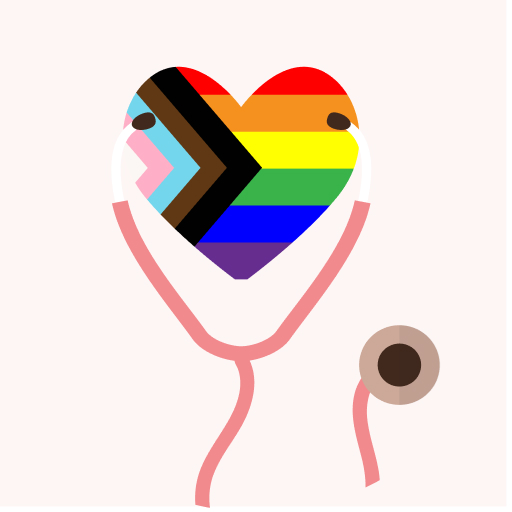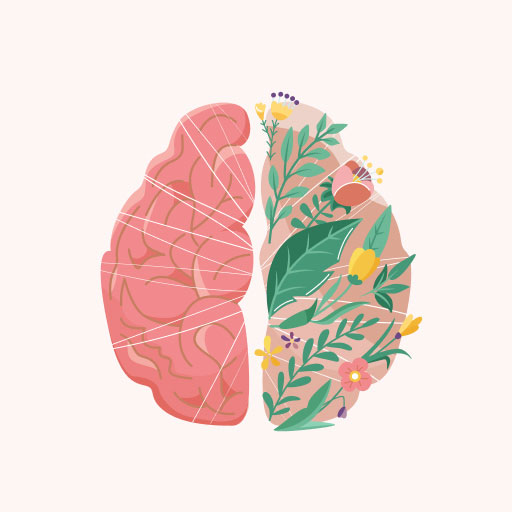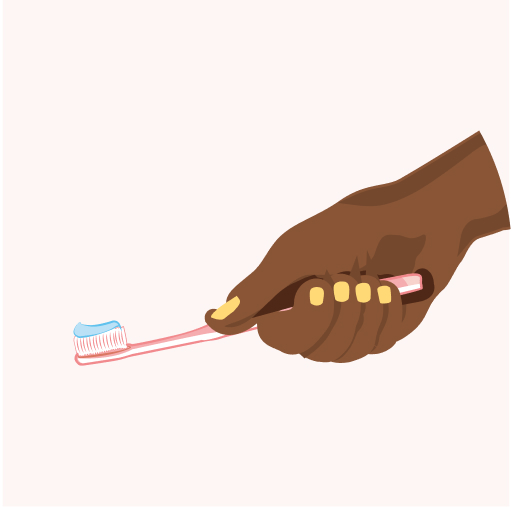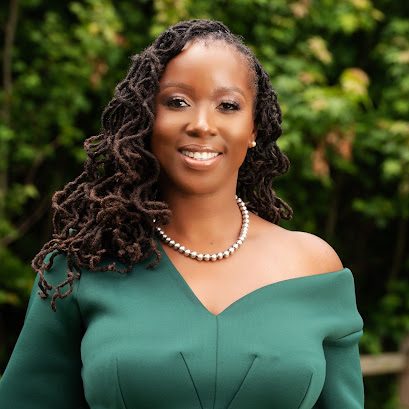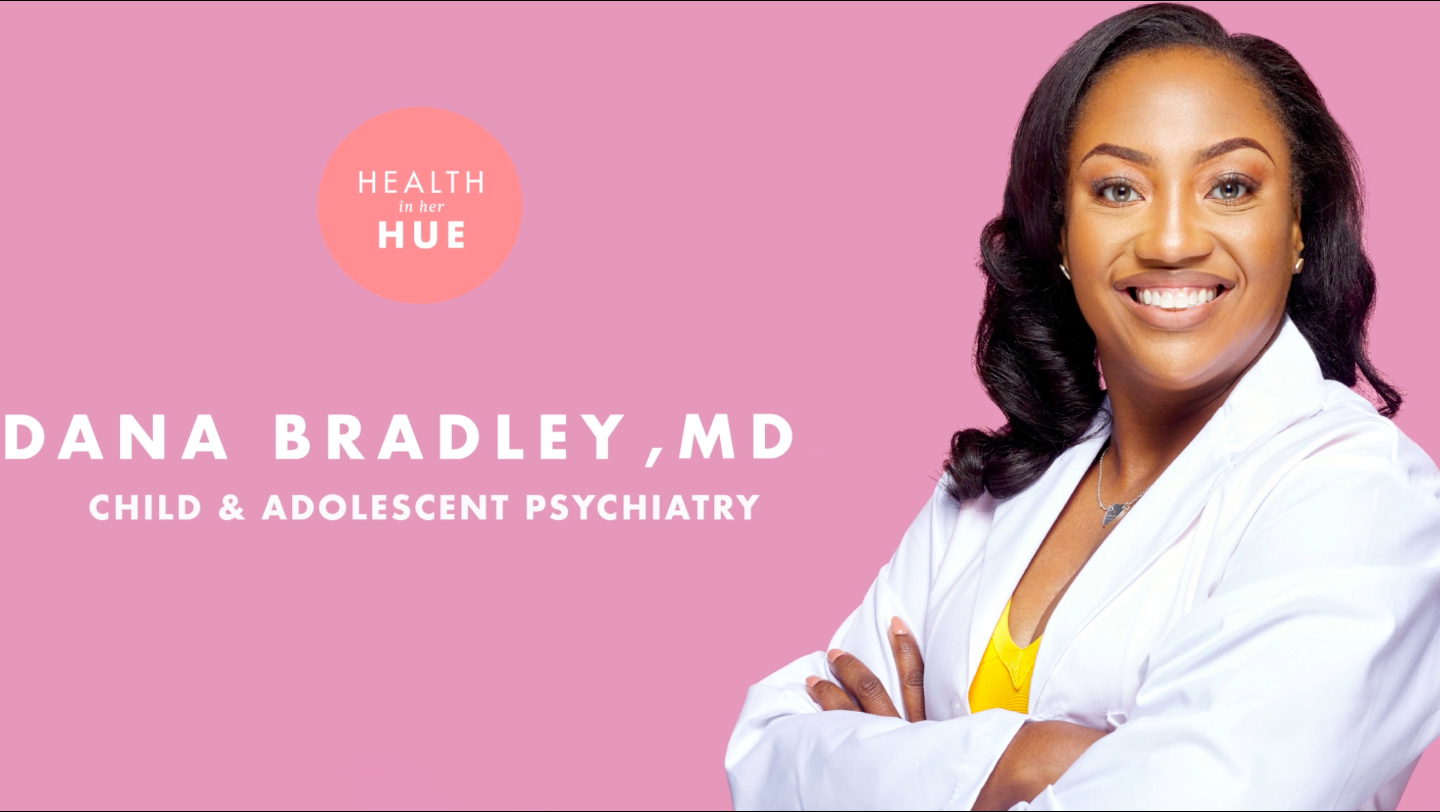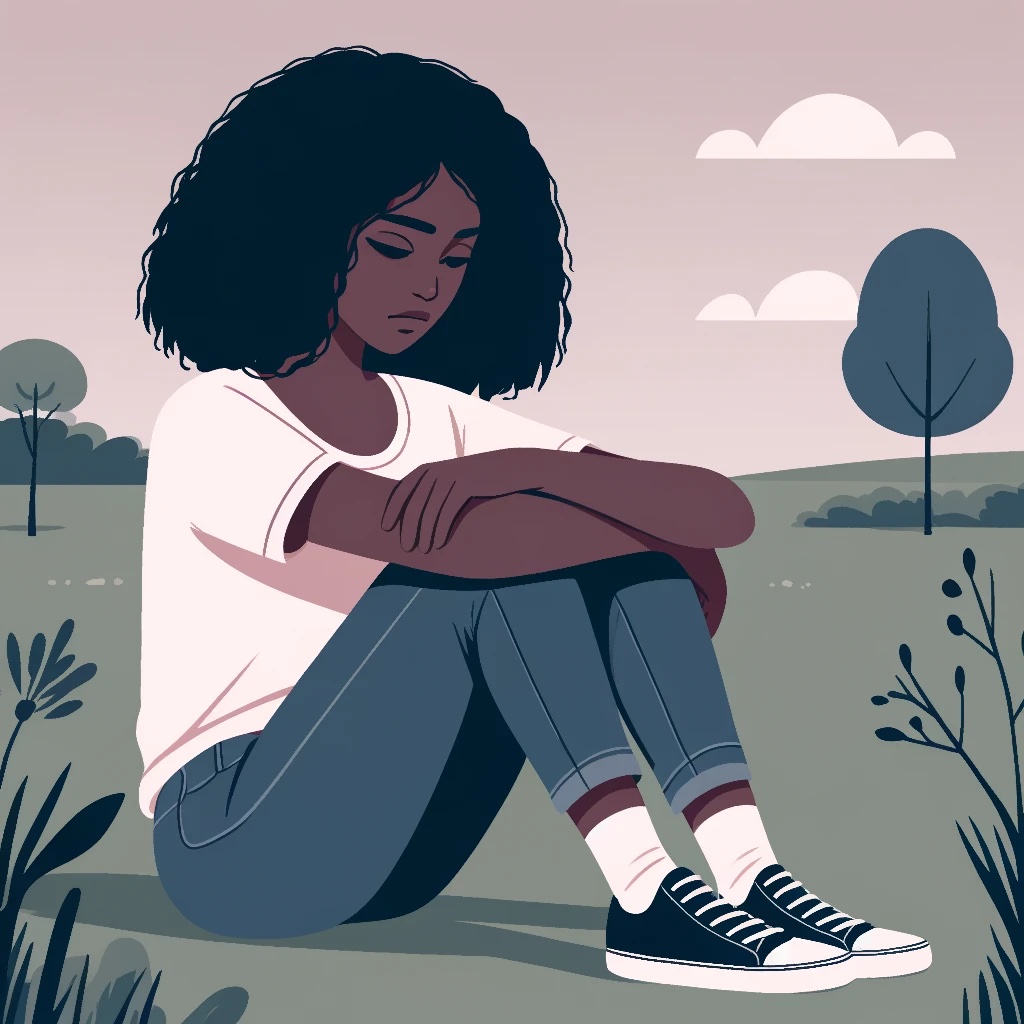
Part 2: How PMDD Affects the Brain
Psychiatric and medical doctors have some overlapping training, but not much. According to psychiatrist Dr. Rosie Gellman, “Psychiatrists have about 6-12 months of medical training in residency and additional basic training in medical school,” while gynecologists are trained to recognize and treat common mental health conditions like depression and anxiety, but not other mental health conditions. Dr. Gellman and her husband, a licensed obstetrician, often work together to treat the physical and mental symptoms of PMDD.
Unfortunately, I don’t have a dynamic duo in my corner. That means I see a counselor for Cognitive Behavioral Therapy (CBT) and Dialectical Behavioral Therapy (DBT) to help manage my Depression, Anxiety, and destructive thoughts; a gynecologist to treat my excessive bleeding, drastic mood swings, and generally overworked reproductive organs; and a psychiatrist to prescribe medicine for fatigue, hopelessness, and suicidal ideation.
That’s a lot of doctor’s appointments.
Unfortunately, all the doctors I spoke to agreed that two or three doctors working in tandem is the best option for people who suffer from PMDD. There is no medication specifically formulated for PMDD. Instead, doctors use a combination of selective serotonin reuptake inhibitors (SSRIs) and hormonal birth control to treat symptoms of the disease.
This is a perfect solution unless you’re part of the 40% of people who don’t respond to SSRIs (which I am) or the unknown number of people who menstruate and don’t respond well to hormonal birth control (which I am). So what can I do for relief? My options are limited–I can take progesterone-based birth control, which might help with hormonal imbalances that occur during my luteal phase. I could get an IUD, which historically hasn’t always gone well for Black womxn. I can add a stronger mood stabilizer to my mental health meds, which means enduring the 8-week process of ‘cycling off’ one med and ‘cycling on’ another. Or I can get a complete hysterectomy–because removing my uterus and keeping my ovaries won’t do a thing to stop PMDD.
But for any of these options to have a snowball’s chance in hell of succeeding, my gynecologist, counselor, and psychiatrist have to get on the same page. That means I have to fill out a medical release HIPAA form so all my doctors have the same access to my medical records.
Sexologist Rhiannon John explained that researchers need to take a similar collaborative approach to the study of PMDD. “Researchers who embrace interdisciplinary approaches are more likely to produce studies that explore PMDD from various perspectives. By bringing together experts from different fields, such as psychology, sociology, medicine, public health, and gender studies, interdisciplinary teams can conduct comprehensive studies that consider social, cultural, and contextual factors alongside medical and psychological aspects of the condition.”
Basically, we need public health researchers to assemble a team of super friends so we can get some solid data on PMDD. One Australian study found a “strong correlation” between childhood trauma and PMDD, noting that 83% of the PMDD patients they studied had experienced some form of childhood abuse. Another study conducted by students of a Lebanese college had similar results. And that correlation could be for a variety of reasons–such as womxn with childhood trauma might already be in therapy, or womxn who are already ‘in the system’ are more likely to receive a diagnosis. It could also be that womxn with PMDD, like serial killers, are more likely to be childhood trauma survivors.
Moreover, Black womxn are also less likely to be diagnosed with PMDD–which this could be because of a lot of social factors, including access to care, the cultural stigma around mental health care, the Black Superwomxn Schema that tells us to ‘suck it up and deal,’ or the lack of effective medical advocacy.
Consequently, there are no disaggregated data on how PMDD affects Black womxn and/or Womxn of Color versus how it affects our White peers. There’s also very little data about PMDD and comorbid mood disorders like bipolar disease, depression, and PTSD. There’s not even a general consensus on how many womxn are impacted by PMDD, with some studies saying as low as 3% of menstruating people and others as high as 30%.
Basically, it all comes back around to research, and there’s not enough research on PMDD. This disease affects about the same number of people as erectile dysfunction, yet a quick Google Scholar search shows 16 times the number of studies on ED than PMDD.
It’s giving…All genitals matter.
It’s inexcusable that we know so little about how PMDD works. It’s not a new diagnosis. In fact, the earliest official diagnosis criteria for this disorder date back to 1987, just two years after I was born. I started my period when I was nine, so I’ve been menstruating for almost 30 years, and in all of that time, doctors haven’t even come to a consensus on what causes PMDD. Moreover, adding insult to injury, I grew up less than 10 minutes away from Cleveland Clinic, Case Western Reserve University, and University Hospital. We are known to have some of the best ‘eds and meds’ facilities in the country, we literally spend billions of dollars on medical research, and we’re not any closer to curing or even effectively treating PMDD than we were three decades ago.
So I’ll just keep fighting for my life twice a month until misogynoir magically disappears.
But in the meanwhile, I’ll keep putting my energy toward curbing my most dangerous psychological symptoms–which are feelings of hopelessness and suicidal ideation. I walk. I bought a sunshine lamp. I have a safety plan my counselor helped me make. I use aspects of CBT and DBT to counter persuasive and insidious negative inner narratives. And I keep 988 on speed dial because I know suicidal ideation is nothing to play around with, and nothing I should put my head down and try to push through.
Another thing that’s helped immensely is having a period tracker app. It’s not foolproof, but being able to track my moods throughout menstruation helps me prepare for hormonal fluctuations and has helped my doctors get a better understanding of how my PMDD works. So if you have PMDD and your experiences are similar to mine, I want you to know it’s not all in your head. I mean, it is a mental health disorder, but it’s a real disorder. You’re not overreacting. It is a big deal, and you need and deserve help. And asking for help doesn’t make you weak or stupid.
I’ll tell you what my counselor told me when I was freaking out over my suicidality: “You’re not stupid. You were smart enough to realize you were in trouble, smart enough to ask for help, and smart enough to accept that help.” As Black womxn, we’re trained to think of strength as the ability to suffer in silence, but real strength is built by facing problems head-on, and when it comes to mental healthcare, being strong isn’t nearly as important as being smart.


